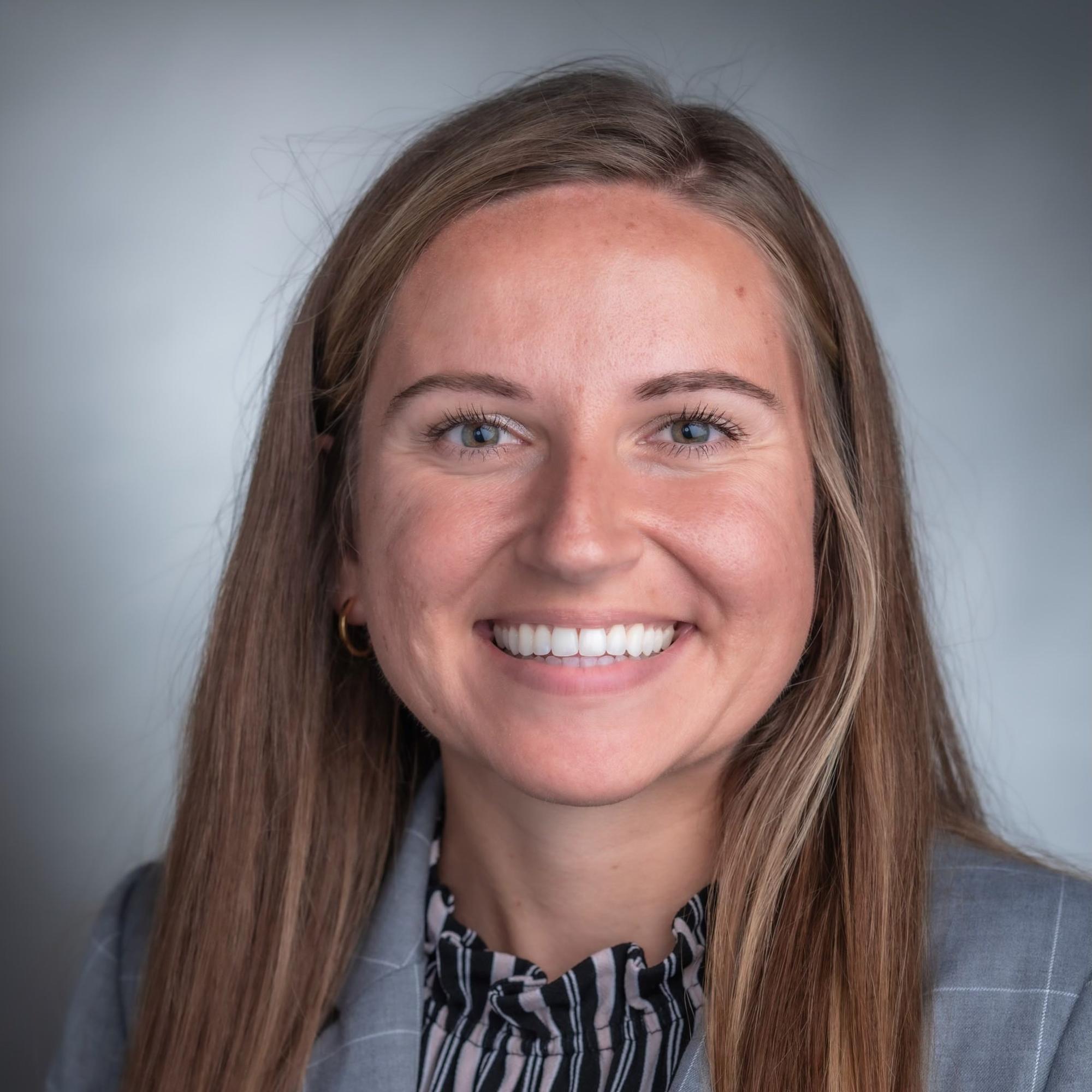Residency Contact Information

Olga Vlashyn, PharmD, MS, BCPS
PGY1 Program Director, Clinical Manager- Pharmacist Education
For general residency questions, please email BMCPharmacyResidency@bmc.org.
All traditional track PGY1 interviews will be held virtually for the 2025 - 2026 recruitment year.
Program Description
BMC offers a challenging and rewarding PGY1 residency. The resident's year is structured into a comprehensive program that emphasizes the development of advanced pharmaceutical care while cultivating resident skills in experimental education and quality improvement. After a month-long orientation to the department, the resident begins a series of 5 week rotations and other longitudinal activities designed to meet the goals and objectives of the BMC pharmacy practice residency program.
Program Purpose
The PGY1 pharmacy residency program builds on Doctor of Pharmacy (PharmD) education and outcomes to contribute to the development of clinical pharmacists responsible for medication-related care of patients with a wide range of conditions and graduate residents who are eligible for board certification and postgraduate year two (PGY2) pharmacy residency training.
The mission of BMC's PGY1 program is to provide residents comprehensive training and cultivate skills in patient care, teaching, and quality improvement as preparation to successfully practice as leaders while embracing the values of diversity, efficiency, and respect.
Program Outcomes
- Optimize the outcomes of patients with acute and chronic diseases in various settings through the expert provision of evidence-based, patient-centered medication therapy as an integral part of an interdisciplinary team.
- Manage and improve the medication-use process for patients.
- Demonstrate leadership and practice management skills.
- Conduct a quality improvement or research project to meet the needs of the organization.
- Demonstrate excellence in the provision of training or educational activities for health care professionals and health care professionals in training.
Core Required Rotations (5 weeks long)
- Orientation (6 weeks)
- Ambulatory Care (Anticoagulation Clinic, Cardiology Clinic, Family Medicine, Hepatitis C/Center for Digestive Disorders, Infectious Diseases/HIV Clinic, Primary Care, Renal/Transplant Clinic)
- Critical Care (Cardiac Intensive Care Unit, Medical Intensive Care Unit, Neurology Critical Care)
- Infectious Diseases
- Medicine I
- Practice Management
- Staffing Block
Elective Rotations (5 weeks long, choice of 3)
- Critical Care (CCU, MICU, NCC)
- Emergency Medicine
- Hematology/Oncology - Inpatient
- Hematology/Oncology - Outpatient
- Infectious Diseases Consult Service
- IM II - Cardiology
- IM II - Infectious Diseases
- IM II - Neurology/Stroke
- IM II - OB
- IM II - Renal
- Pediatrics
- Surgery
- Repeat any required rotation with an alternative focus (i.e. Surgery ICU or CCU)
Longitudinal Responsibilities
- Quality improvement project (48 weeks, 6 project days a year)
- Receive an IHI Basic Certificate in Quality and Safety
- Final manuscript submission
- Participation in emergency response (i.e. code blue, code stroke)
- Participation on a hospital committee (P&T, Medication Safety, Opioid Stewardship, Pediatrics, etc.)
- Development of medication guidelines and/or revisions to current policies
Teaching Responsibilities (48 weeks)
- 1 ACPE-Accredited Continuing Education (CE) lecture
- 2 Resident case conferences
- 1 Mortality & Morbidity presentation
- 1 Inter-professional in-service
- Resident Teaching Certificate in partnership with Northeastern University School of Pharmacy
- 2 Journal clubs
- Facilitate student topic discussions
Additional Opportunities
- Resiliency training
- Precepting pharmacy students
- Medication use evaluation
- Medication safety prevention (i.e. smart pump programming, Pyxis optimizations, etc.)
- Chief Resident opportunity
Pharmacy Practice (Staffing) Responsibilities (53 weeks)
- Weekdays
- One evening shift/week in a decentralized role (i.e. surgery or transitions of care)
- Weekends
- One weekend every 3 weeks in a mostly operational and order verification role
- Holiday assignments
- Two holidays (Thanksgiving Day, Christmas Day, New Year's Eve, New Year's Day, Memorial Day, Labor Day, Martin Luther King Day)
Benefits
- Estimated Salary: $60,000
- Vacation Time: 10 days
- Office space with computer
- Travel/CE allowance ($2,200/year): Eastern States Resident's Conference, ASHP Midyear Meeting, MaSHP Annual Meeting
- $750 cafeteria allowance per academic year
- $1000 move/licensure bonus
- Lease guarantee available to minimize security deposit requirements
- Insurance Benefits: health (100% employer payed option), dental, vision, disability, accidental death and dismemberment, life insurance
Additional Details
- Duration of program: 53 weeks, full-time residency
- Number of positions available: 5
- Starting date: June 23, 2025
 en
en 
 Français
Français Deutsch
Deutsch Italiano
Italiano Español
Español Tiếng Việt
Tiếng Việt Kreyol ayisyen
Kreyol ayisyen